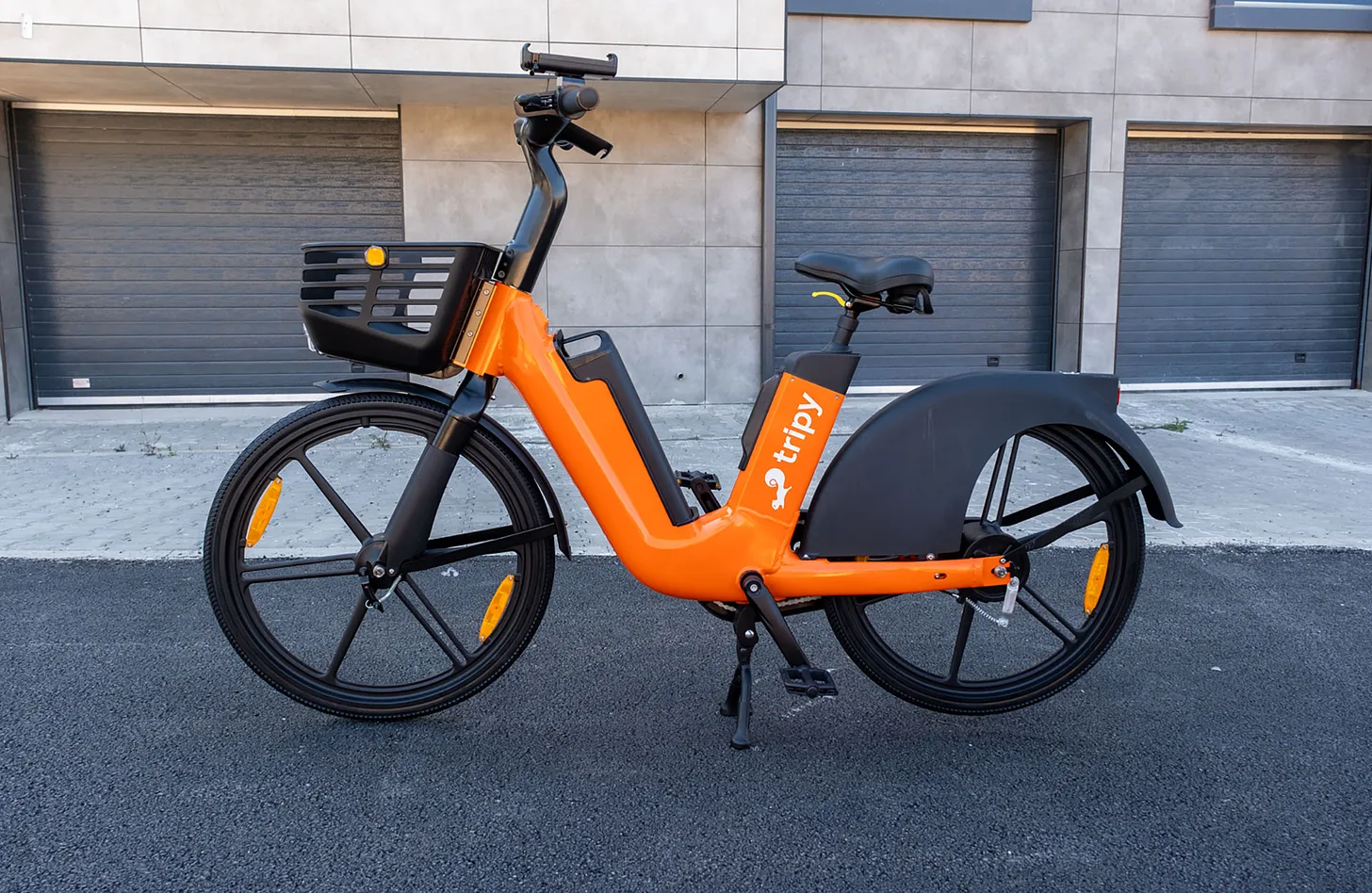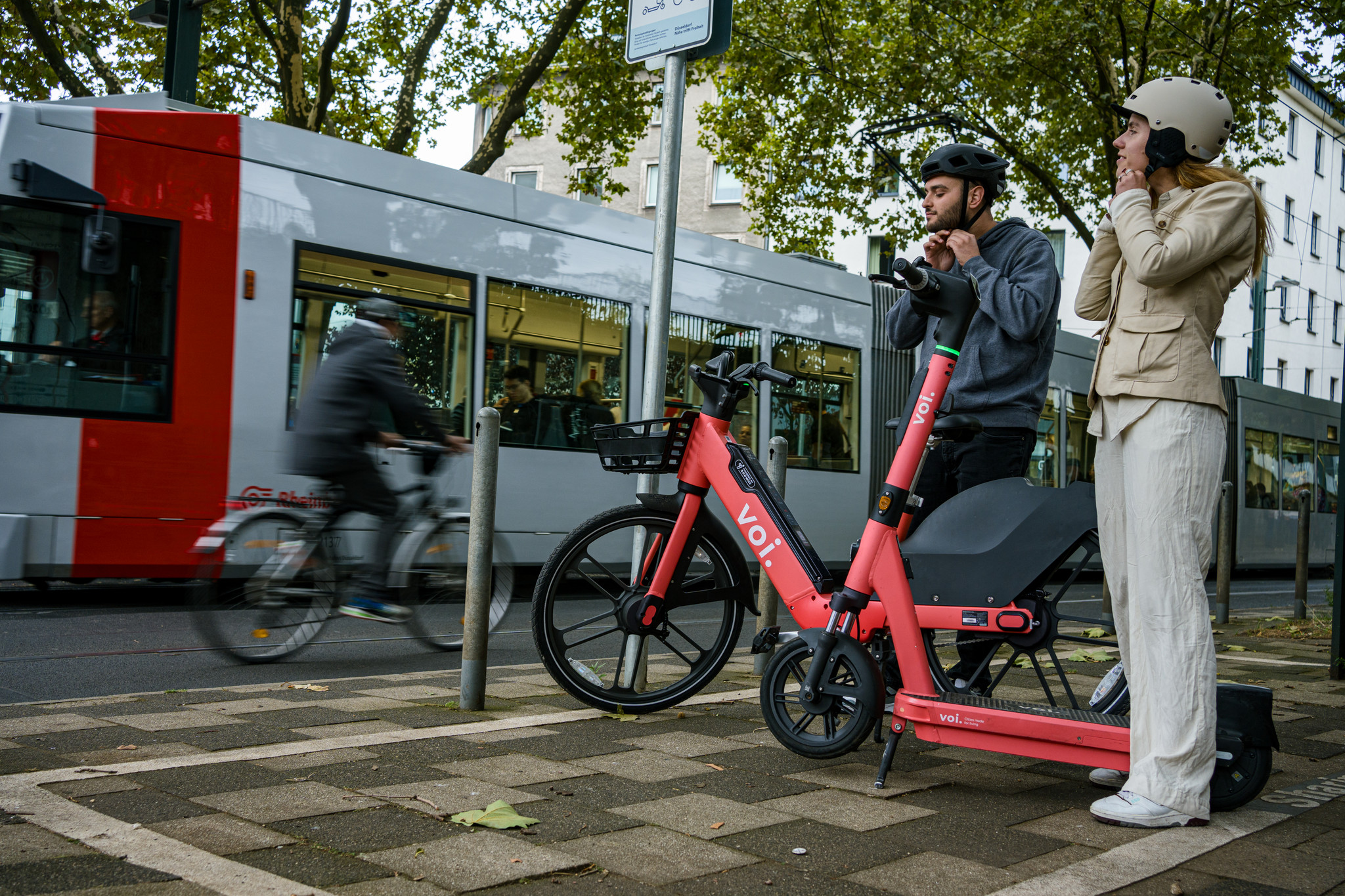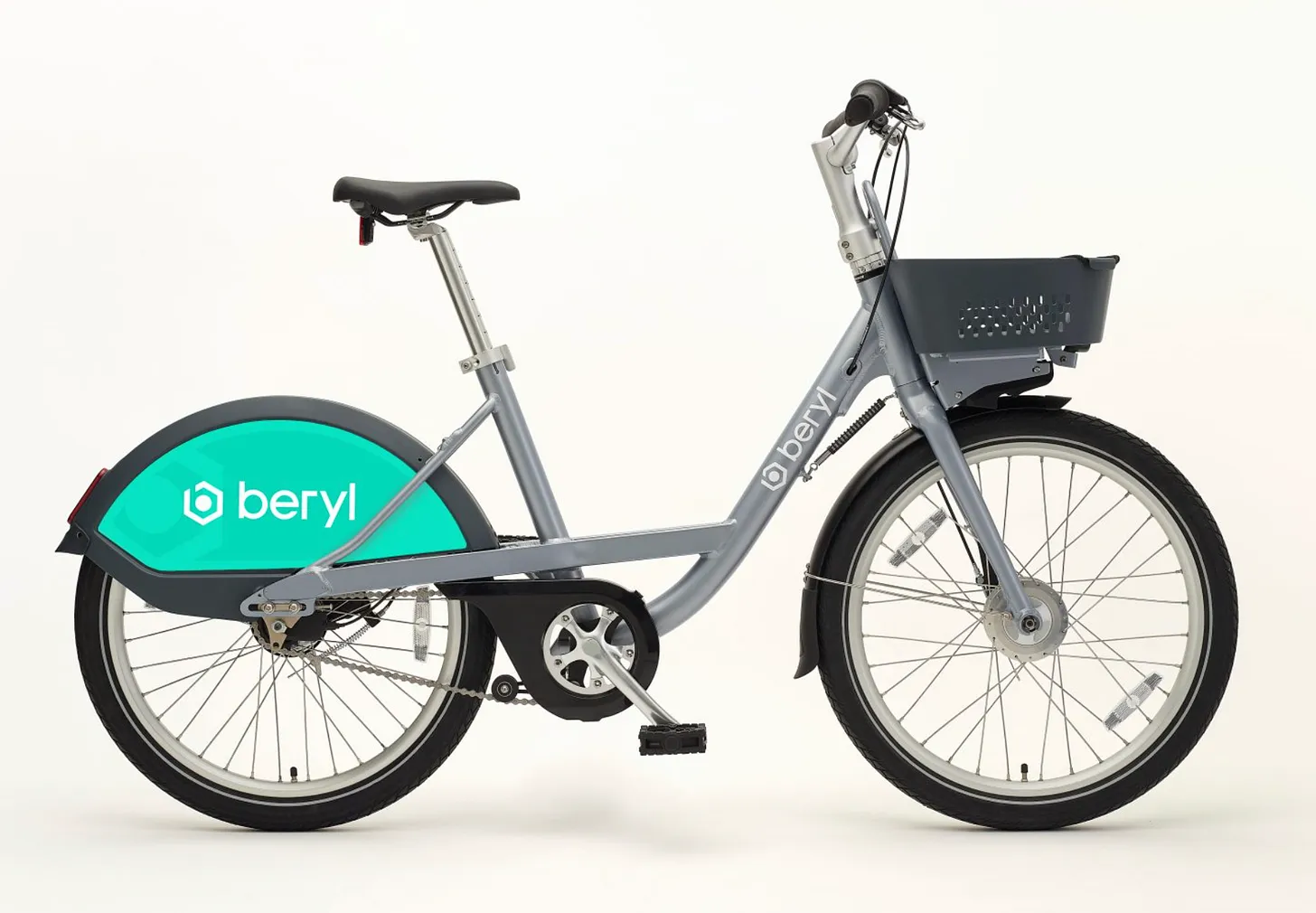You bring the ride, we bring the rundown! Micromobility’s weekly newsletter is your pit stop for all the latest industry twists, turns, and takeovers.
Got Your Micromobility Moment To Share? Email: press@micromobility.io
Hooked but not subscribed? 👀 Now’s the time. You’ll thank yourself later.
Micromobility Europe 2026

Micromobility Europe is back in Berlin, the city where it all began.
Join us on June 2–3, 2026 at Arena Berlin for two action-packed days of keynotes, panels, demos, and hands-on networking with the brightest minds in mobility.
Explore the future of urban transport with live product launches, a full-scale test track, and discussions on everything from last-mile delivery to the 15-minute city.
🎟️Four more days left!!! Limited Launch Offer (Ends on 31st October) - Just €249
🏢 Super Early Bird Rates for Exhibitors - Sale ends on 31st October! Book your spottoday!
[Sponsor/Exhibit] | [Speak at the Event] | [Exhibit as a Startup]
Spots are filling fast! secure yours today and be part of Europe’s bespoke event for all things micromobility.
What You Need to Know Today
The Road Ahead: Shaping the Future of UK Micromobility Policy
What’s next for micromobility in the UK? In this panel from Micromobility Europe 2025, moderator Alison Griswold (Oversharing) leads a candid discussion with Tom Hardie (UK Department for Transport), Hal Stevenson(Lime), and Christina Moe Gjerde (Voi) on the stalled legalization of e-scooters, data transparency, and how to make shared mobility work for both cities and riders. The conversation dives into the political turbulence that has delayed progress, the tension between trials and real deployment, and why parking remains one of the industry’s biggest pain points. Watch to hear how the UK can finally move from pilot projects to permanent infrastructure and what lessons can be learned from the rest of Europe.
Market Cap Dashboard is Back!

ALSO Launches Premium E-Bike and Quad Lineup
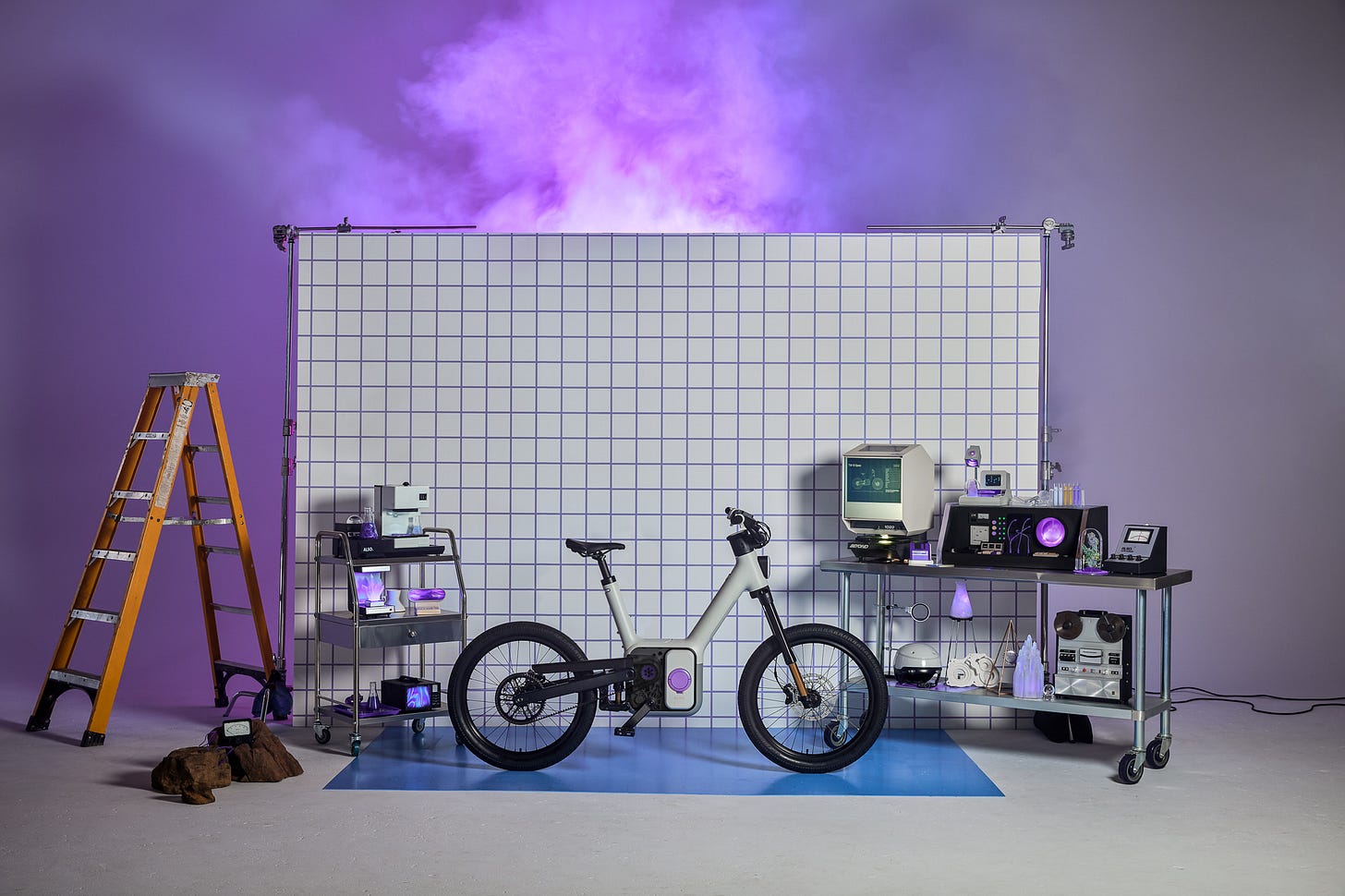
Founded by former Rivian engineers, startup ALSO has launched a premium micromobility lineup, including the TM-B e-bike and TM-Q pedal-assist quad. The TM-B is a “software-defined” Class 3 e-bike featuring a proprietary propulsion system, regenerative braking, and a smart touchscreen interface.
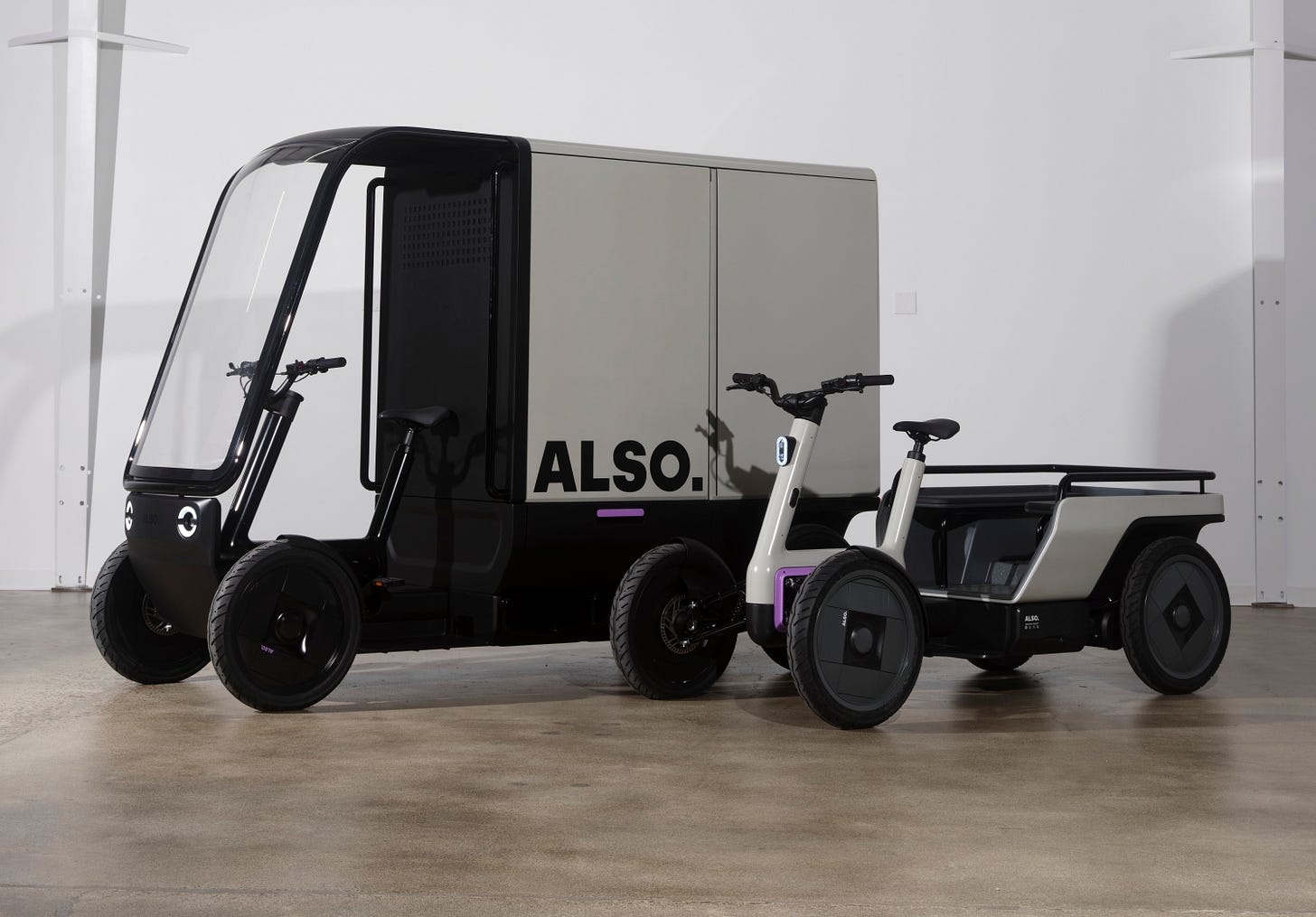
The company also unveiled a four-wheeled TM-Q for consumer and commercial use, with Amazon as a partner for last-mile delivery. ALSO aims to differentiate through high-quality, integrated hardware and software, betting on a premium market shift. With $305 million in funding and a $1 billion valuation, ALSO will begin TM-B deliveries in Spring 2026, with prices starting under $4,000.
From 28 Days to a Decade: The Lifespan of Shared E-Scooters
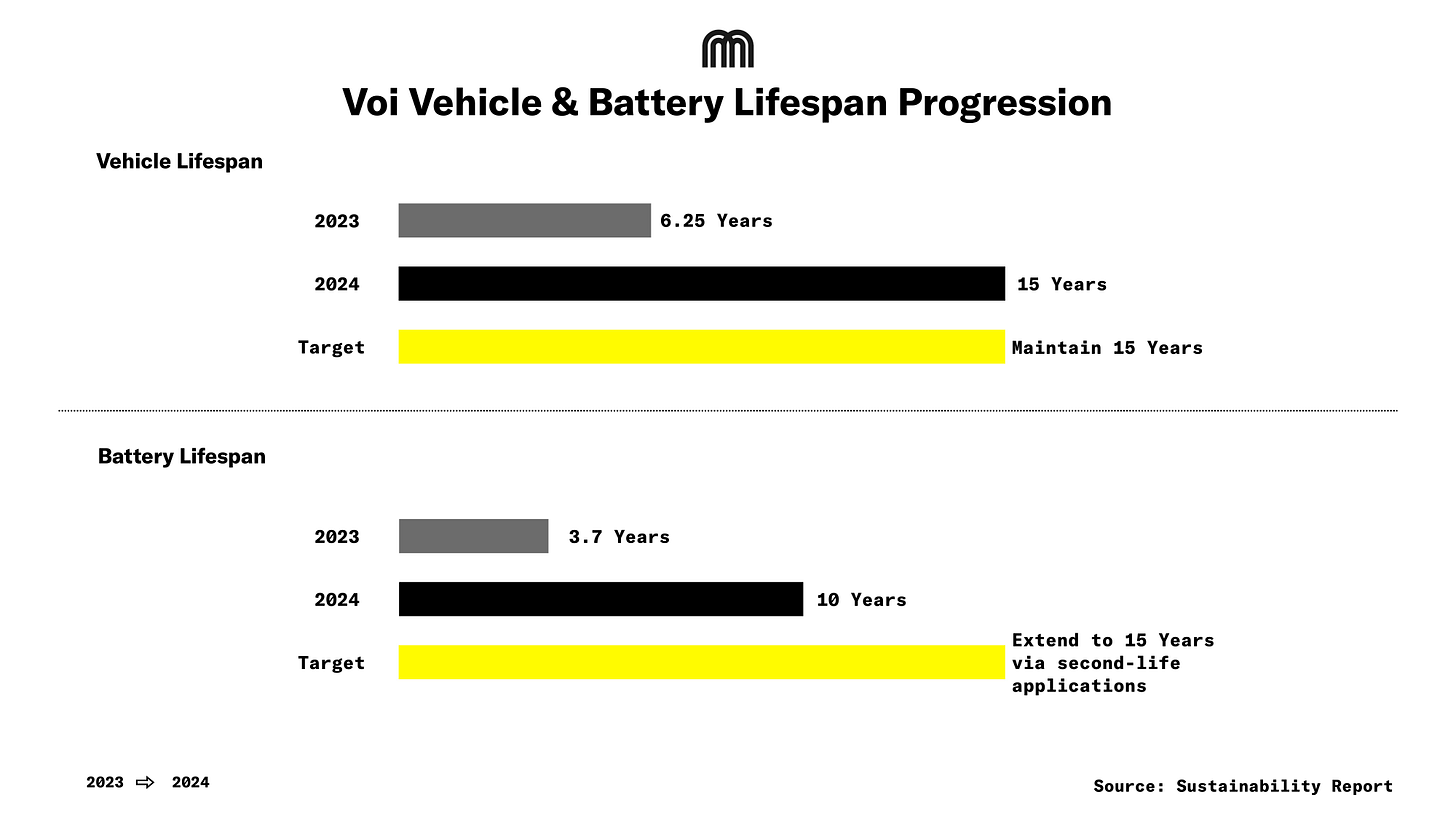
Shared e-scooters and e-bikes, once known for their short lifespans, are now being engineered to last several years, in some cases up to 15 years. Advances in hardware durability, predictive maintenance, and refurbishment programs have significantly extended their life cycles while reducing waste.
Read this in-depth study on the lifecycle of shared micromobility vehicles, with a focus on e-scooters.

The Micromobility Job Board is back and better than ever. Ready to jump into the fast lane of the new mobility revolution? From trailblazing startups to industry leaders, discover exciting roles where your skills can shape the future of how cities move.
Find your next adventure in micromobility.
On this week’s job posting:
- Content Editor / Writer (Mobility & Tech) at Micromobility Industries (Remote - Belgium)
- Marketing Specialist at Micromobility Industries (Hybrid - Bangalore, India)
Got a job to share? Place an order through the MMI website.
Micromobility Dominates Italian Shared Mobility
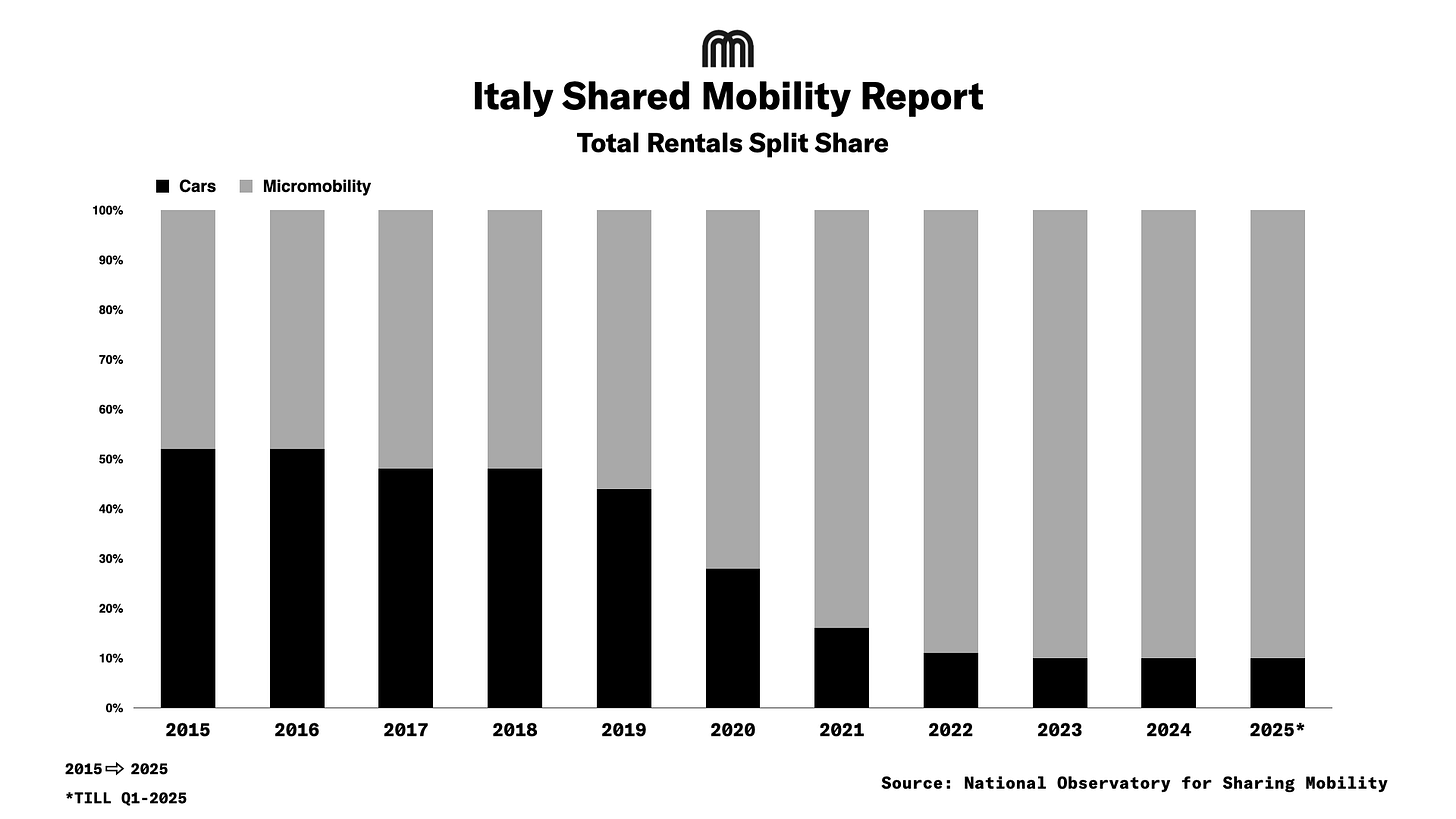
Shared micromobility services now account for 90% of all shared mobility rentals in Italy. Despite a 15% fleet reduction since 2022 and fewer operators, total rentals are projected to grow 20% in 2025, reaching nearly 60m. E-scooter sharing leads with 50% of total rentals, while bike sharing has grown to 32%. Major cities like Rome, Milan, and Turin drive adoption, with safety improving significantly across all vehicle types. Revenue reached just over €200m in 2024, led by e-scooters (36%) and free-floating cars (31%). The market is now characterized by stable usage, increased electrification, and consolidation.
Voi Introduces Lighter Rental E-Bikes in Portsmouth
Voi has introduced 40 new Explorer Light 1 (EL1) rental e-bikes in Portsmouth. The new model is 25% lighter than standard versions, weighing under 32kg, and is designed with a compact frame to improve accessibility and handling. It includes standard features such as geofencing and smaller wheels for improved balance. Funded by the Solent Future Transport Zone, the bikes are available to users aged 16 and over.
Lime Launches LimeGliders in Los Angeles
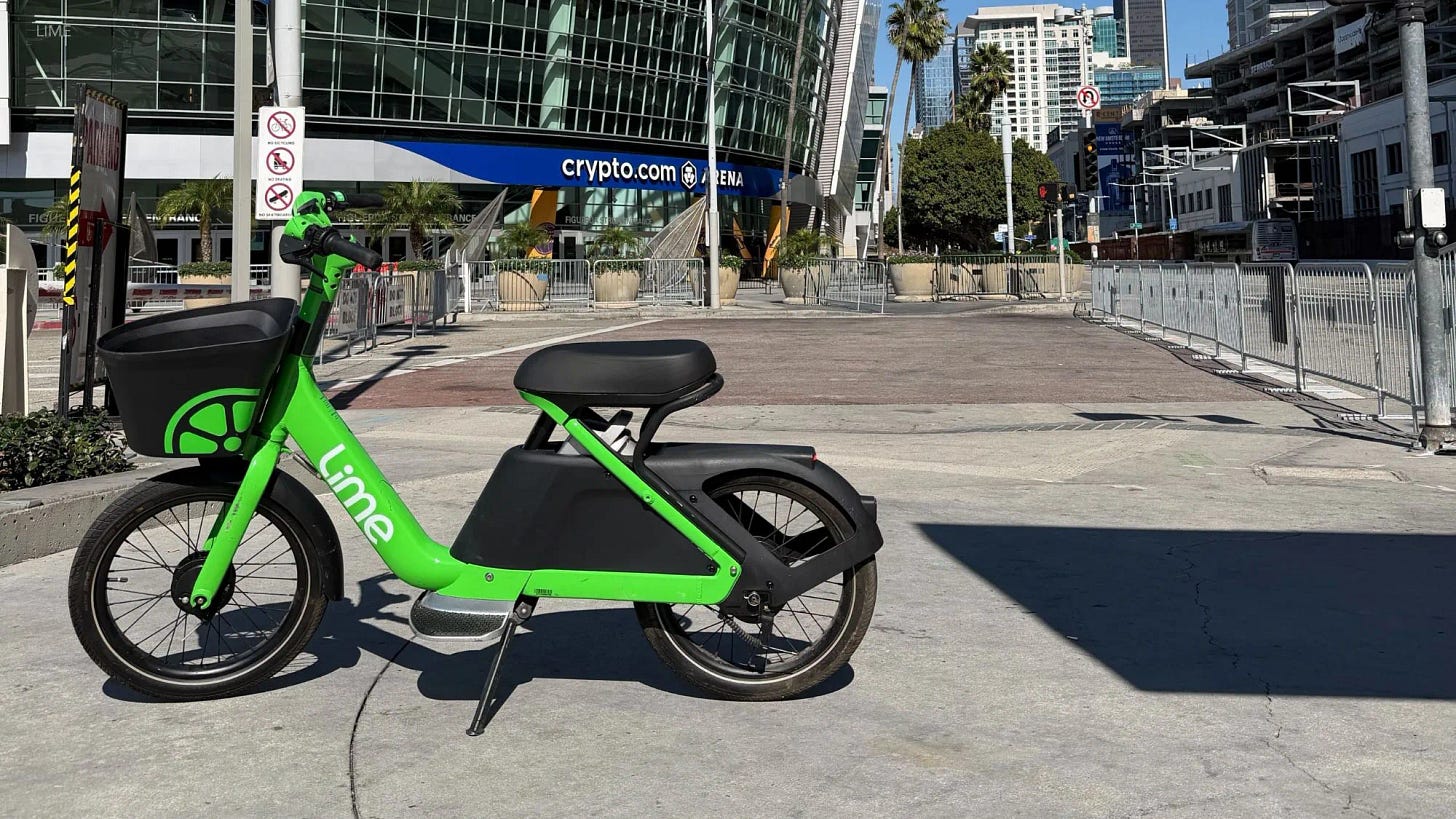
Lime has introduced its LimeGliders in Los Angeles. Designed for riders who prefer not to pedal, the seated model encourages longer trips, with pilot programs in other cities showing frequent use for journeys over three miles. The launch comes as safety concerns over e-bike and e-scooter injuries continue to rise.
Bird Ends Its Micromobility Season in Windsor and Tecumseh
Bird Canada will remove its shared e-scooters and e-bikes from Windsor and Tecumseh on October 31, wrapping up the 2025 season. The devices will return in late winter 2026. This season, more than 17.5k users traveled over 250,000 kilometers, preventing an estimated 50 metric tonnes of CO2 emissions. Bird first launched in Windsor in 2021.
US Bike Firm Dahon Expands E-Bike Production in China
Dahon Tech, the R&D arm of American bike manufacturer Dahon, has partnered with China’s Golden Wheel Group to form Dagold Technology, a new factory in Tianjin focused on producing e-bikes, e-scooters, and e-motorcycles. The joint venture aims to leverage regional manufacturing strengths to increase production of affordable electric models. This move is part of Dahon’s broader global expansion, which included a debut on the Hong Kong Stock Exchange in September.
China Leads in E-Bike Regulation and Infrastructure
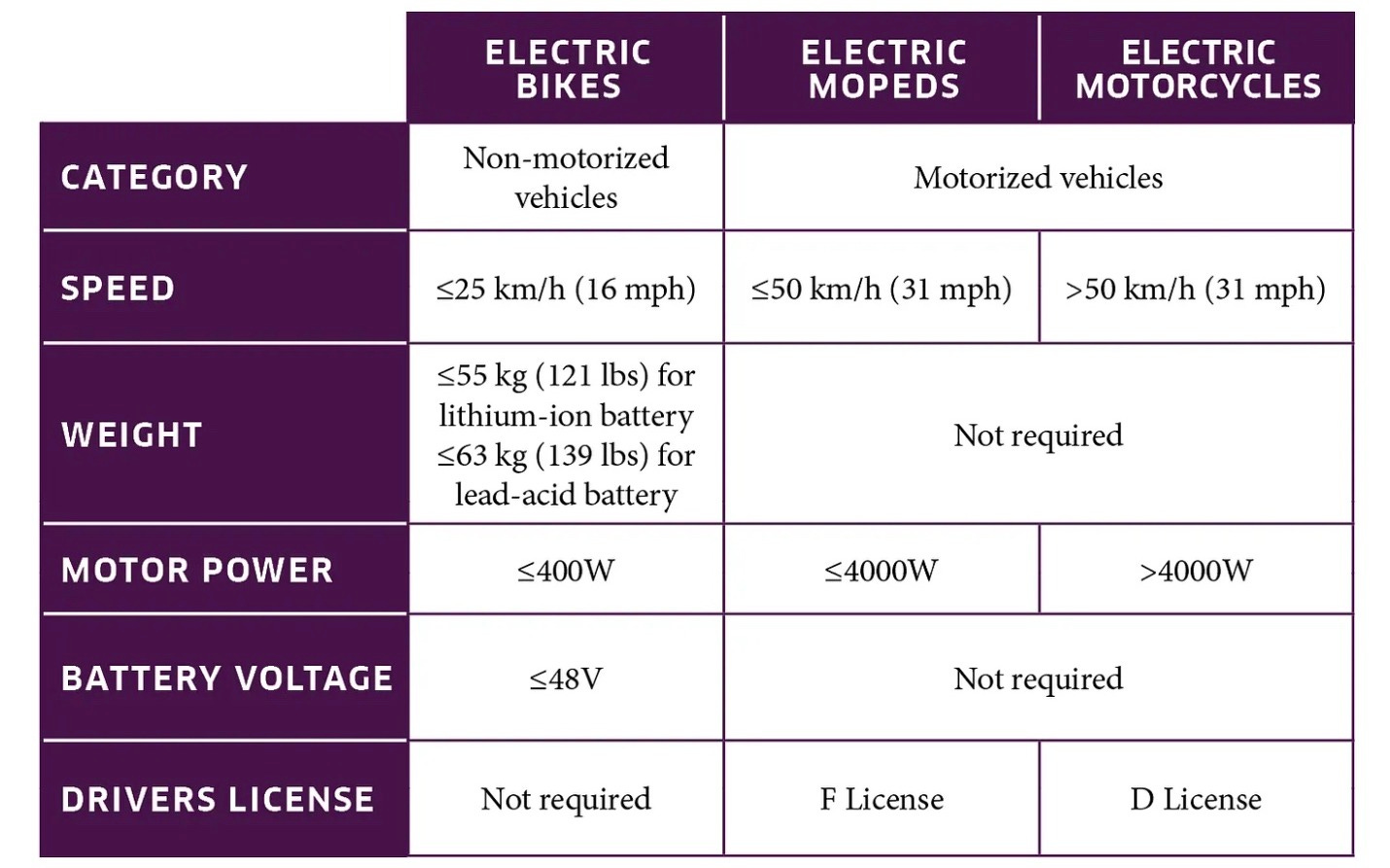
China has integrated over 420 million e-bikes into its urban transport system through evolving national standards and extensive infrastructure. Updated regulations in 2024 impose strict safety controls on batteries and materials to reduce fire risks, while cities like Guangzhou and Beijing have built thousands of kilometers of dedicated bike lanes and e-bike overpasses. Public charging and battery-swapping networks address safety concerns, and shared e-bike programs are expanding. This comprehensive approach offers a model for managing e-bike growth safely and sustainably.

- Mesa considers allowing e-Bikes in City Parks
- Dublin adopts stricter e-bike and e-scooter safety rules
- St. Marys proposes helmet law for cyclists under 18.
- Chico to discuss e-scooter and bike rules.
- Kaua‘i County moves to regulate e-bikes amid safety concerns
- Covington updates walking trail ordinance to allow e-bikes
- Madison proposes e-bike regulations, banning sidewalk riding.
- RideKC Bike is set to launch a new pilot bike share program in Overland Park, Kansas, featuring around 60 e-bikes at six hubs across the city.
- Palm Beach implements age and ID rules for e-bikes and e-scooters.
- Ulaanbaatar suspends e-bikes and scooters for winter from October to April.
- New Albany restricts e-bikes with speed limits and sidewalk motor bans.
Burlington Completes First Phase of New Bike Park
The City of Burlington has opened the first phase of its new Burlington Bike Park at Leddy Park. The project, developed in partnership with local cycling coalitions and funded by a state grant, features adaptive mountain bike trails, beginner jump lines, and flow trails. The park is accessible from the Burlington Greenway and is designed to provide recreational riding without requiring a car. Class 1 e-bikes and electric adaptive mountain bikes are permitted, though motorized dirt bikes and other uses are prohibited.
Prague to Ban Rental E-Scooters from 2026
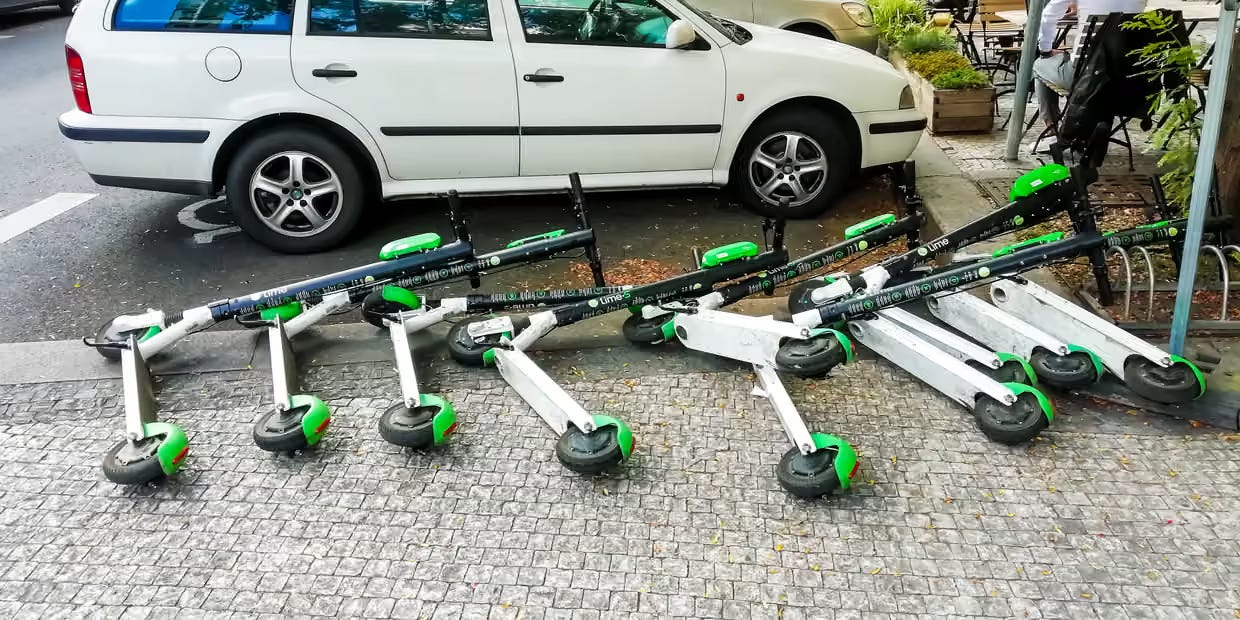
The city of Prague will ban rental electric scooters starting in January 2026. The decision, approved by city council members, comes in response to resident complaints that the scooters cause chaos and danger on pavements and clutter public spaces when parked. City officials stated that the scooters were often used more as a tourist attraction than for transport and cited their higher accident rates compared to bicycles. This move aligns with other European cities like Paris and Madrid that have implemented strict regulations or outright bans. Lime expressed regret over the decision, suggesting that constructive dialogue with operators could have led to a better outcome.
Leeds Considers E-Scooter Trial
Leeds City Council has applied to the UK government to launch a trial e-scooter hire scheme, potentially starting in April 2026. The trial, which would be operated by the council’s current e-bike provider Beryl, aims to cut car journeys and emissions. The council noted that e-scooters may be less prone to vandalism than e-bikes, based on local experience. If approved, the trial would run until May 2028, with usage restricted to designated zones and requiring riders to have a provisional license. Private e-scooters would remain illegal on public roads.
Boise Reduces Speed Limits for Shared E-Scooters and E-Bikes
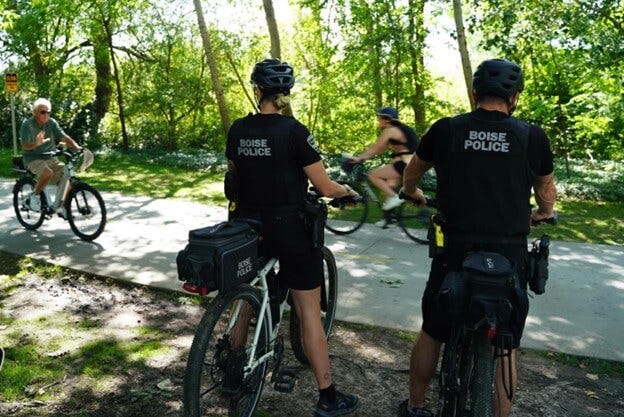
The City of Boise, in partnership with Lime, has lowered speed limits for shared e-scooters and e-bikes to improve safety on the Greenbelt and in downtown areas. Lime devices are now limited to 12 mph on the Greenbelt and 10 mph downtown during evening and nighttime hours. The city is also increasing education and enforcement for all riders, including those using private devices, and encouraging responsible parking through in-app incentives. The changes come as shared micromobility trips in Boise have surpassed two million since 2018.
Got your micromobility moment to share? Email us at press@micromobility.io
Loving the vibe? Hop on and ride with us! Subscribe!

.svg)
%2Bcopy.jpeg)

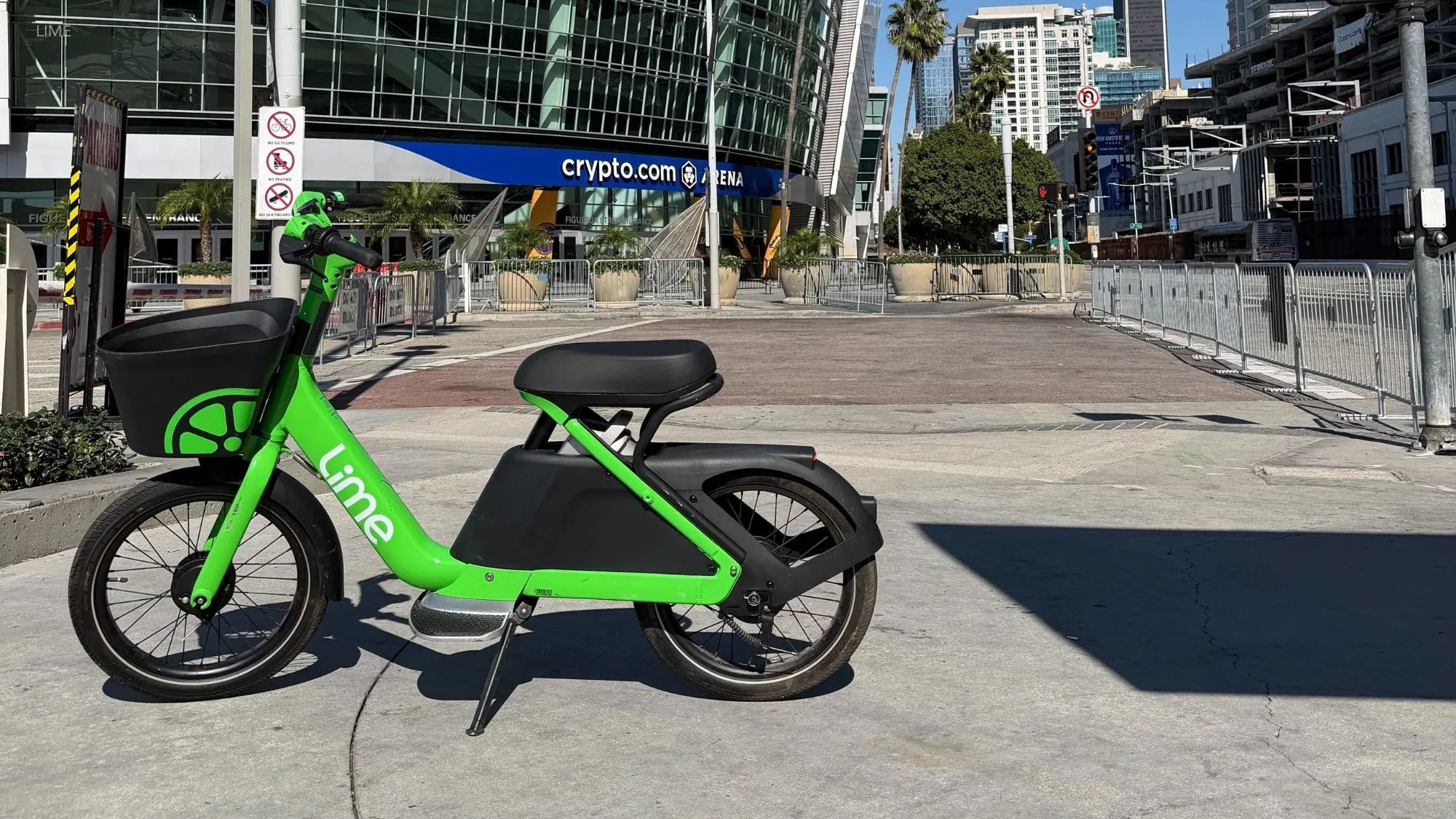
.svg)


